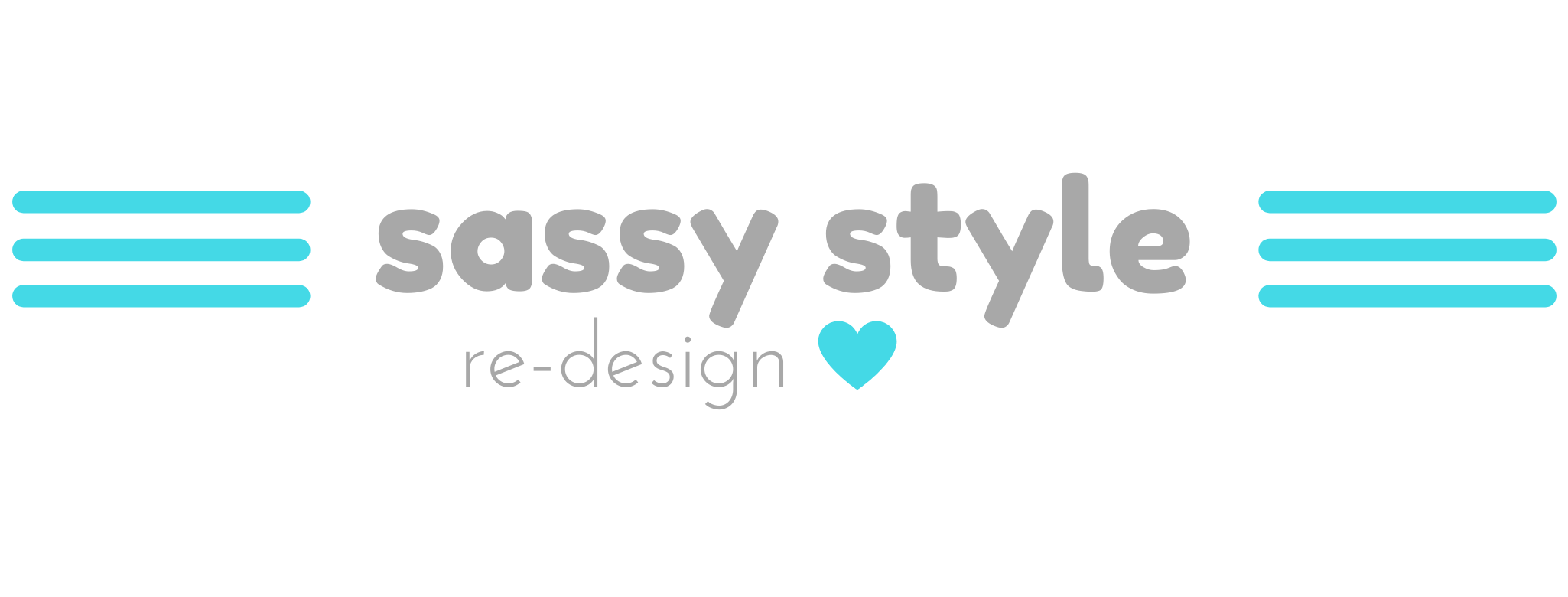4 Tips and Tricks for Relieving Your Constipated Canine Companion

When you’re feeling – for lack of better words – backed up, it can make you feel many unpleasant emotions. This feeling can be worsened when you cannot vocalize precisely how you feel – like your furry companion. Since our fur babies can’t tell us when they have or haven’t ‘gone,’ it can be challenging to figure out whether they’ve spent a penny or are having difficulty doing so.
However, failure to keep track of your pet’s toileting can cause many problems for you and your pet, one of the most significant being constipation. Constipation can occur randomly in dogs, usually after eating something more complicated to digest or when they don’t have enough fiber, making it harder to go about their daily routine.
Unlike humans who can seek relief from over-the-counter medications like Miralax and Senokot, soothing your constipated canine companion can be slightly more troublesome, which begs the question; what can I give my dog for constipation? Fortunately, there are many ways of providing relief for your pooch, from giving them dietary fiber supplements to seeking help from a veterinarian; we list some of the best practices below:
Dietary Fiber Supplements
Dogs have a much more complex digestive system than their owners, meaning that when constipation strikes, they can’t rely on over-the-counter medications like we do to soothe their discomfort. Due to this, you might be despairing and wondering, what can I give my dog for constipation? But rest assured, there are many things to give your dog for constipation.
One of the most popular ways to relieve your constipated canine is through dietary fiber supplements, which can be administered orally with food to increase the amount of fiber in their bodies. Increasing the amount of fiber in your dog’s diet can be beneficial in many ways, especially if they’re prone to digestive issues. It increases bulk and absorbs excess water, forming firmer stools.
Fortunately, there are a variety of supplements and powders you can give your canine companion in hopes of regulating their bowel movements. You can discover some of the best to administer to your pet by consulting your veterinarian or conducting a Google search where you can find help from passionate pet owners.
Alternatively, you could heed this advice from Native Pet, whose team produces targeted nutrition/ supplements for pets. From pumpkin powder, a natural remedy for diarrhea and constipation, to omega oil, which is perfect for addressing skin health, consider visiting their website today to discover more about their innovative products and how they could help your pet.
Encourage Them To Drink More Water
There is a direct link between hydration and constipation since water is a crucial part of your (and your pooches!) digestive system. Water is the lubricant needed for – putting it delicately – getting things ‘moving’ again since it helps transport the food your dog eats through its digestive tract and keeps the intestines smooth and flexible.
Generally, dogs should drink around 0.85-1.75 US fluid ounces of water per pound of weight per day, which you can calculate using calculators like these, to ensure that everything is working as it should. Failure to do so can cause the stool to harden and become lumpy, making it difficult (and painful!) to pass.
Upon discovering that your pooch is constipated, you should encourage them to drink as much water as they possibly can, which you can do by making sure water is readily available all around the property, giving your pooch a frozen treat to snack on, putting extra bowls of water out, adding a little water into their food and much more. If this fails, or they refuse to drink, seek veterinary assistance.
Take Them Out For A Walk
Just mentioning the word ‘walk’ can make your pet climb the walls with excitement. Still, as well as being an excellent way of helping your pet get the physical activity they need each day and providing many other benefits, it can also stimulate regular bowel movements.
Regular exercise or increased physical activity while suffering from symptoms of constipation can help promote movement in the muscles and bowels of your pet, making it easier for them to pass stool without any problems.
As well as taking them on regular walks, you may also want to encourage your pet to move more while constipated by playing fetch with them, chasing them around the garden, or encouraging them to run alongside you, as this will reduce the time it takes for food waste to pass through the digestive tract.
Give Them A Stool Softener Or Laxative
If your pet has been struggling to defecate for a couple of days, another way that you could provide them with relief is by giving them a stool softener or a laxative. Stool softeners or laxatives draw fat and water from the food your pooch has ingested into the fecal matter, which softens it and makes it easier to expel.
Although it’s always best to contact your vet before giving your pet any foreign substance, some of the following methods have proven to be the best for relieving constipation:
- Pumpkin Puree
- Psyllium Seed Husks
- Oat Bran
- Olive Oil or Mineral Oil, and many more.
Keep some of these tips and tricks in mind that could help with relieving your constipated canine companion.



































No comments